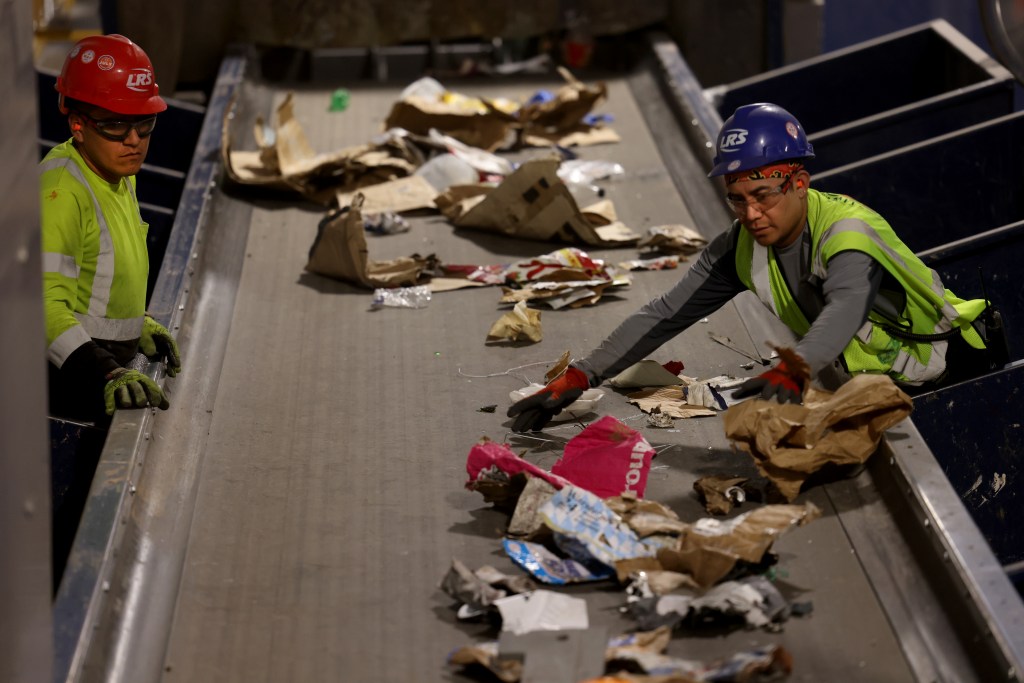When we understand the consequences of contamination in recycling, it can enhance our recycling efforts.
Contamination in recycling is a growing concern that compromises the efficacy of waste management systems. When non-recyclable materials, such as food waste, plastic bags, or hazardous substances, are improperly disposed of in recycling bins, they can contaminate entire batches of recyclables. This contamination can lead to increased costs and inefficiencies, as facilities must spend additional time and resources to sort out and clean the materials.
One of the primary causes of contamination is a lack of public awareness and education on proper recycling practices. Many people are unsure about which items are recyclable and often err on the side of caution by placing questionable items into recycling bins, a practice known as “wish-cycling.” This well-intentioned but misguided behavior contributes significantly to contamination rates.
To combat contamination, recyclers can take a few easy steps.
The first is to make sure your recyclables are clear of large amounts of debris. Give your bottles a quick rinse and make sure the majority of food residue is removed.
Secondly, ensure you are double-checking what you are putting in your recycling bin.:
1. Paper — Newspaper, office paper, envelopes, magazines, paperback books, brown paper bags, cardboard boxes, cereal boxes, juice/milk cartons
2. Metal Containers — tin/steel cans, aluminum cans
3. Glass — bottles and jars
4. Plastics — jugs, bottles, tubs (think yogurt or sour cream). Remember, focus on the shape rather than the number in the triangle.
Check local recycling resources like our PorterCountyRecycling.org webpage or Homewood Disposals webpage, and mydisposal.com under the tab “Resources” for further explanation of what is acceptable curbside. By consciously recycling, individuals can lessen contamination in the recycling process and ensure materials are sorted properly and made into new objects.
For more recycling information, follow “Recycle Porter County” on Facebook, or visit the District website at PorterCountyRecycling.org, and stay tuned for our next publication in this series.
Ellen Kapitan is an employee of the Recycling and Waste Reduction District of Porter County and Cassie Dalton is a member of the Citizens Advisory Committee.


